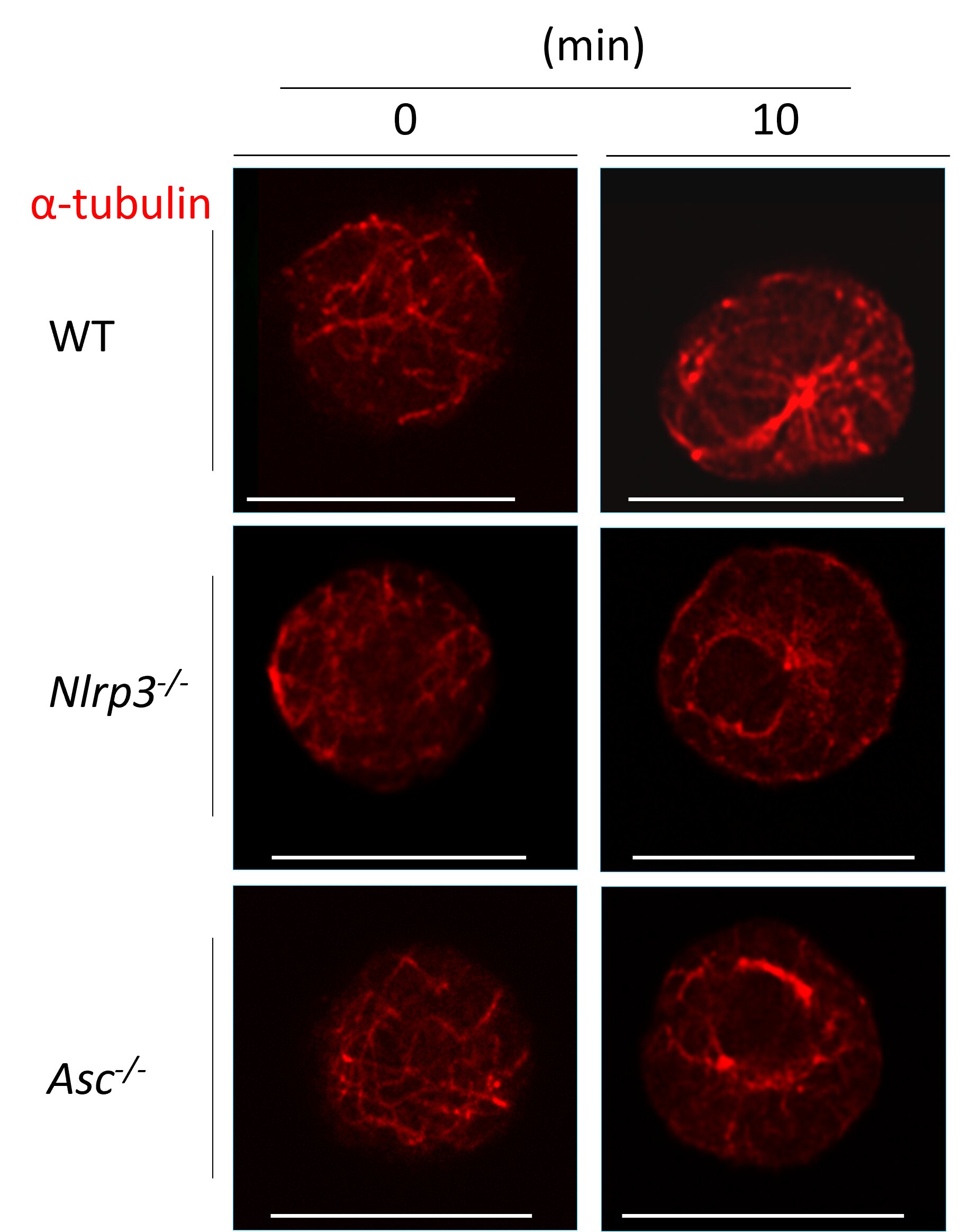Researchers at Duke-NUS Medical School have identified the initial step in allergic reactions involving mast cells, which release bioactive chemicals in response to allergens. They discovered that inflammasome components control the movement and release of granules containing these chemicals in mast cells. When these inflammasome proteins were inhibited, anaphylactic shock in response to allergens was prevented in preclinical models. This discovery could lead to the development of drugs to prevent severe allergic reactions, offering hope for those with food allergies and asthma. The researchers are now working on optimizing the use of these drugs to effectively protect against anaphylactic shock and other allergic reactions.
Source link
Researchers identify first step in allergic reactions, paving the way for preventative strategies
